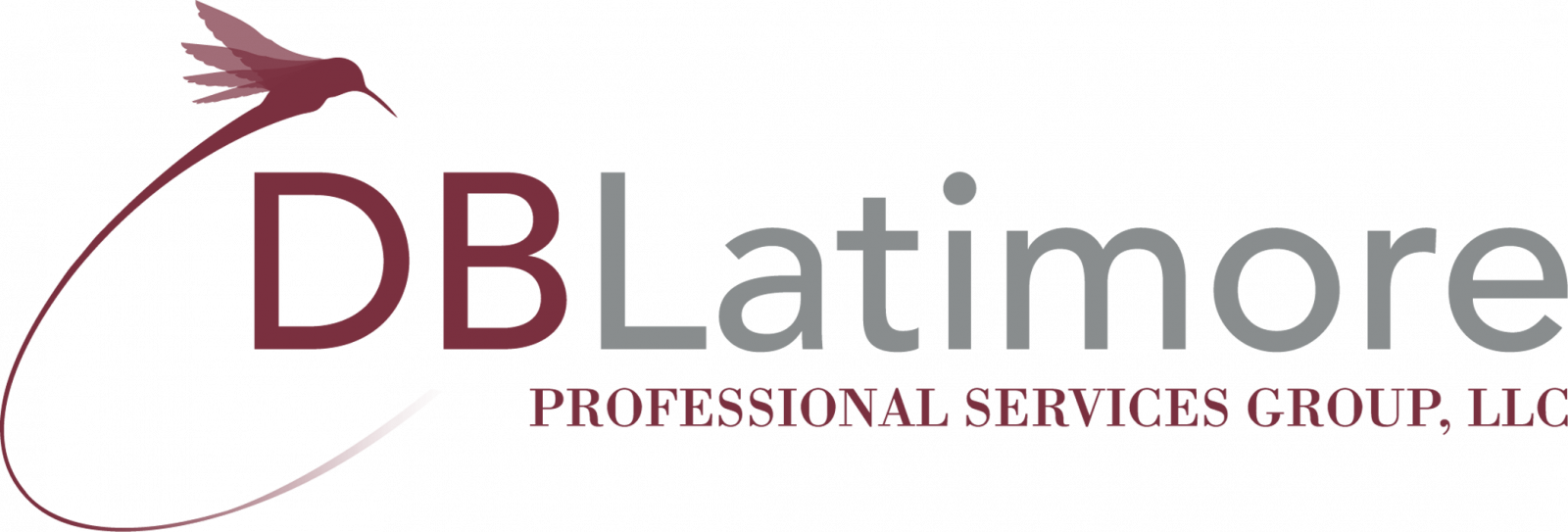Routine Main-te-nance (noun): Simple, small-scale activities (usually requiring only minimal skills or training) associated with regular (daily, weekly, monthly, etc.) and general upkeep against normal wear and tear.
Take a moment to reflect on the number of items you possess that require routine maintenance. Car, home, technology (there is always an upgrade on the horizon); now shift to a more personal perspective.
Ah, when we turn our attention to ourselves, and the finely crafted enterprise we are responsible for, suddenly “tune-up” starts to sound like a nagging item to add to our to do list. Yet the same principles apply: Routine Maintenance is what it takes to keep us “in good condition and working order.”
The first step in any productivity tune-up has to start with a quick assessment of where you stand today. What’s frustrating you? Where do you feel you are failing, or just failing to achieve your potential? What are the sources of stress? Next, take a hard look at the source of these problems. Or, as productivity expert Julie Morgenstern, puts it, answer the question: “Is it me, or is it them?” Taking a hard look at these issues will help point out what needs attention. Then consider some of these tips and resources from well-known productivity experts to identify ways you can accomplish more while reducing stress and putting some enjoyment back in your life.
• Keep track of your most important commitment—the one you make to yourself. Productivity guru David Allen, author of Getting Things Done, contends that commitments to yourself are qualitatively different than those you make to others because your conscious mind can essentially “lose track” of them. While your boss will remind you of your commitments to her, your mind doesn’t know your email address. What Allen calls your “mental RAM” will continue to expect those commitments to be fulfilled, but you may have forgotten about them amidst the clamor of your work life. The result is the worst kind of stress, because you feel the pressure but you can’t quite figure out where it’s coming from. In his most recent book, Ready for Anything: 52 Productivity Principles for Work and Life, Allen offers several effective tips for capturing these “open loops” and closing them, either by completing, canceling or renegotiating them.
• Practice saying “No.” Do you find that your work has bled almost seamlessly into your personal life? One of the answers to this problem is often the word, “No.” You have to acquire the skill to utter that magic word in order to create some boundary around your work and create the opportunity for personal relaxation and renewal. The key is to steadfastly turn down obligations unless they further your priorities.
• Invest in your health. This goes without saying, right? Actually, for most of us, it also goes without doing. Yet, apart from the obvious benefits of better health, increasing your physical well-being can yield tremendous benefits in terms of your productivity at work. In the view of Jim Loehr and Tony Schwartz, authors of The Power of Full Engagement, it is managing your energy—starting with your physical health, including diet, sleep and exercise—that is more important than managing time in improving your personal productivity.
• Protect your mornings. Author and motivational speaker Brian Tracy refers to the “magic hour” after you get up—a time to protect yourself from the news and other distractions and concentrate on your day: What you are going to accomplish and exactly how you are going to do it. Many experts report that most people are naturally more creative and energetic in the mornings, which is an argument for applying yourself to your most challenging tasks then and saving the routine housecleaning until later in the day, one of the notions at the heart of the Morgenstern’s Never Check Email in the Morning.
• Pick a system—any system—just pick one. How many different places do you squirrel away information? Email? Yellow pads? Daily planner? PDA? Post-it Notes stuck like a yellow halo around your computer screen? It might take a serious investment of time to sort through the options, but decide on one…and then use it. Each of the productivity experts referenced here, and the hundreds of others in the bookstore, will claim their system is the best. But most of them also acknowledge that any system that you actually use is going to be better than no system or the hodge-podge that so many of us have fallen into. As Allen puts it, in choosing an organizer, whether high-tech or a stack of 3×5 cards, go for “simplicity, speed and fun.”
• Fun? Wait, did I just say “fun”? Another important tune-up is to get reconnected with what’s happening to your personal life. Maintaining your personal relationships, relaxing and—gasp!—having fun are critical to your mental health, which, in turn, affects your energy, creativity and productivity.
But the most important tip of all is to build a regular “Tune-Up” into your calendar. There are countless ways you can improve your productivity, lower your stress and enhance your physical and emotional well-being. But they all require some focus, some thought and some energy. The key is to treat the process of personal renewal itself as a priority.
To begin your productivity tune-up, contact me @dblatimore.com/contact
Author’s content used under license, © 2008 Claire Communications


